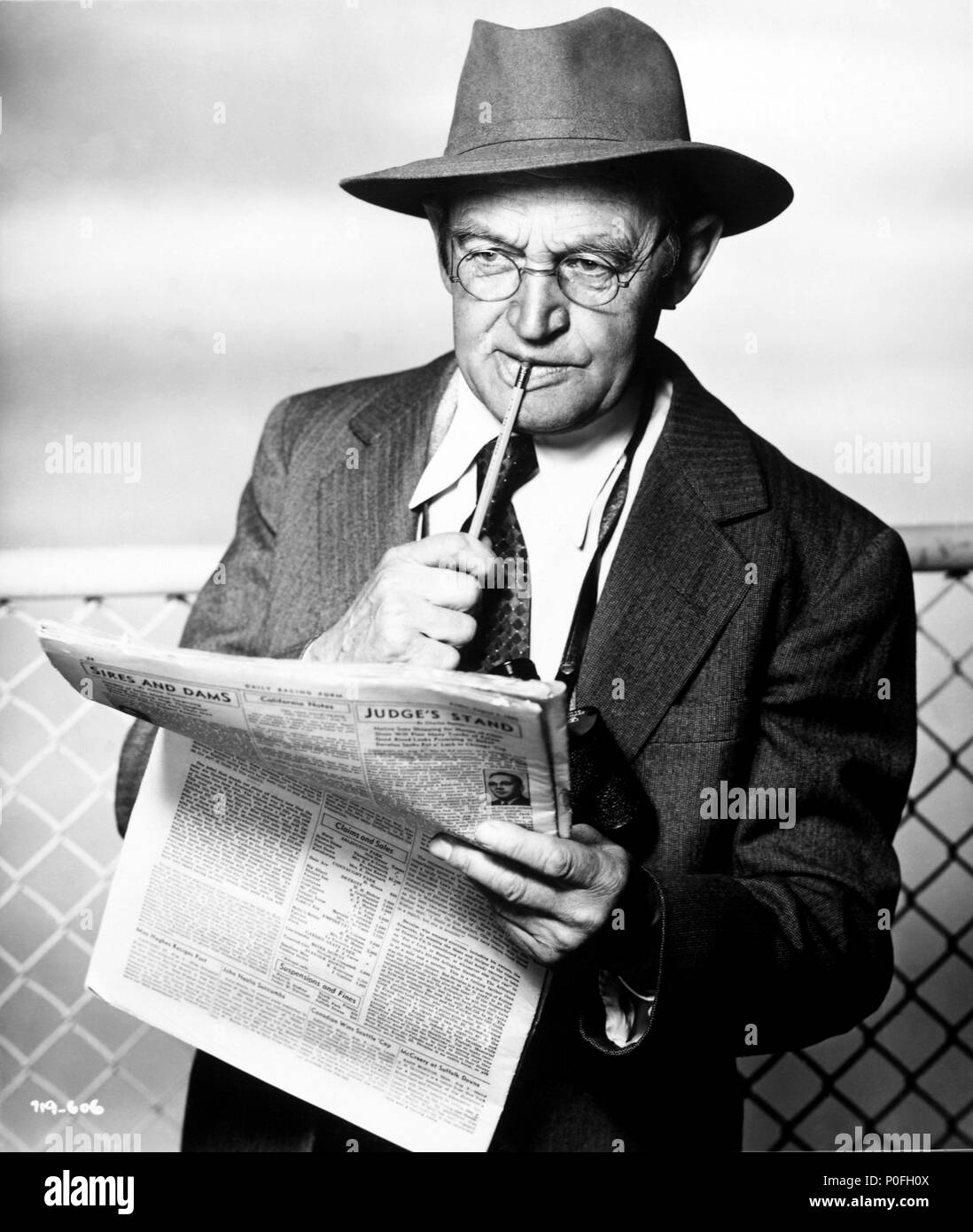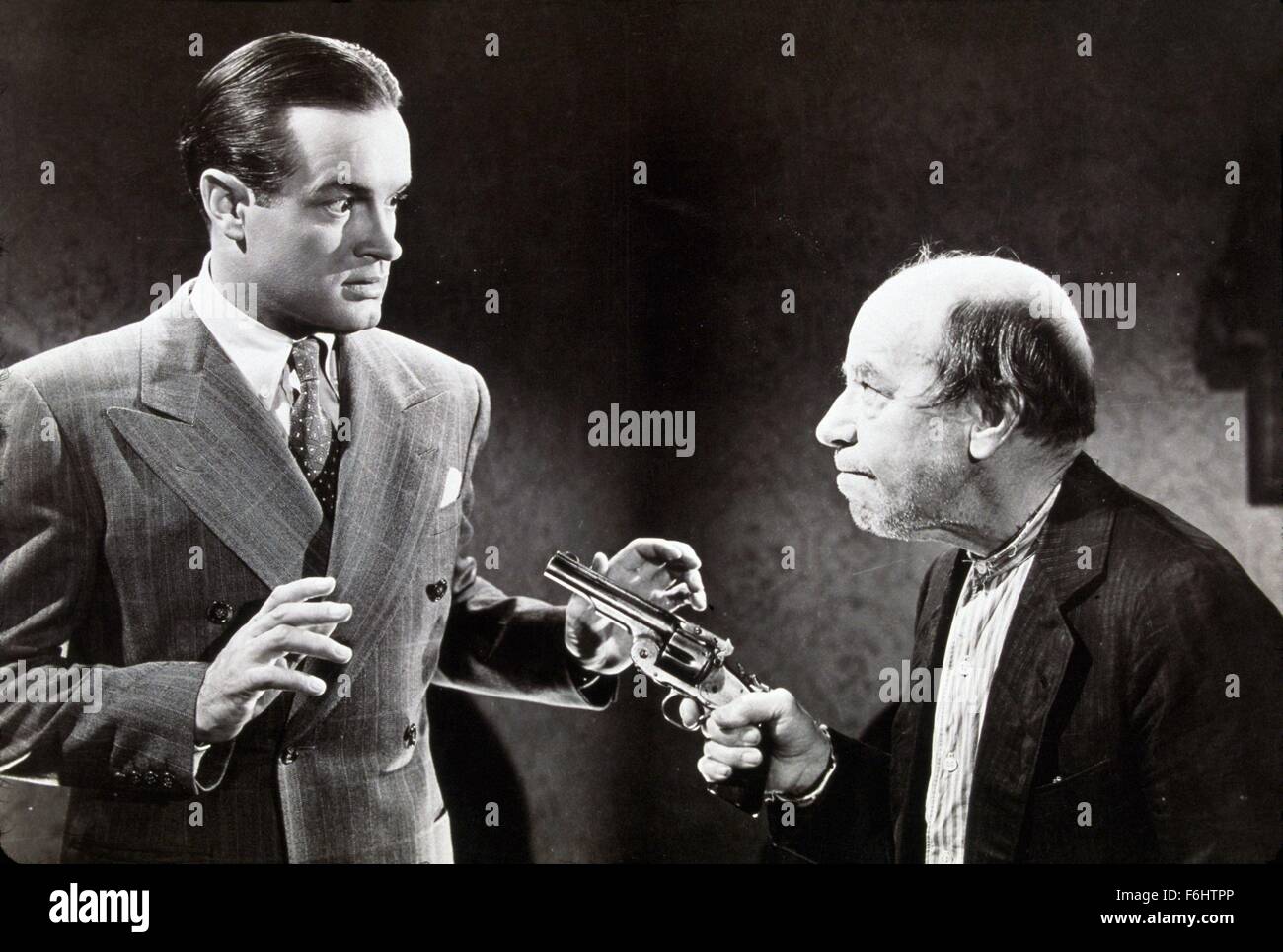
When the golden age of classic Hollywood comes to mind, a few iconic names inevitably surface, and one of those is the remarkable figure of David Butler. Born on December 17, 1894, in the vibrant city of San Francisco, California, Butler’s illustrious career in the film industry spanned several decades, during which he made significant contributions that would shape the landscape of American cinema. Known for his versatility and creativity, Butler directed a wide array of films, showcasing his ability to work across different genres. His unique vision and storytelling prowess left an indelible mark on the industry, influencing countless filmmakers who followed in his footsteps. As we delve deeper into the fascinating life and career of David Butler, we will uncover the many ways in which he enriched the world of film and solidified his legacy as a true pioneer in the art of filmmaking.
Early Life and Beginnings in Film

Growing Up in the Theatre
David Butler was born into a family deeply entrenched in the world of theatre, which played a significant role in shaping his artistic sensibilities. His father, **Fred J. Butler**, was a renowned stage director known for his innovative productions, while his mother, **Adele Belgrade**, was a talented actress who captivated audiences with her performances. Growing up in such a vibrant and creative environment, it is easy to see how Butler developed a passion for the performing arts at an early age. Surrounded by the sights and sounds of rehearsals, performances, and the camaraderie of fellow artists, Butler was inspired to pursue a career in the film industry, where he could channel his upbringing into a new medium of storytelling.
Transitioning to Silent Films
In the early 1910s, David Butler embarked on his professional journey as an actor in the burgeoning world of **silent films**. During this formative period, he had the incredible opportunity to collaborate with some of the most legendary directors in the industry, including **D.W. Griffith** and **John Ford**. These experiences were invaluable, as they not only refined his acting abilities but also provided him with a comprehensive understanding of the filmmaking process. This unique perspective would later play a crucial role in shaping his own directorial style, allowing him to blend his acting background with a keen eye for visual storytelling. As he transitioned from acting to directing, Butler carried with him the lessons learned from his early days in silent cinema, which would influence his work for years to come.
Breaking into Directing

First Steps as a Director
In 1927, Butler embarked on his journey as a film director with his inaugural project, the comedy **High School Hero**, produced for the Fox Film Corporation. This significant milestone not only marked the beginning of his directorial career but also set the stage for what would become a remarkably prolific and influential trajectory in the world of cinema. Butler quickly garnered a reputation as a highly sought-after director, celebrated for his unique talent in seamlessly blending humor with musical elements, a combination that would become a hallmark of his work and resonate with audiences for years to come.
Notable Early Works
Throughout the late 1920s and early 1930s, Butler directed several notable films that showcased his distinctive style and creativity. Some of his early works that contributed to his rising fame include:
| Film Title | Year | Genre |
|---|---|---|
| Sunny Side Up | 1929 | Musical |
| Just Imagine | 1930 | Comedy |
| A Connecticut Yankee | 1931 | Comedy |
These films not only highlighted Butler’s ability to engage audiences with laughter and music but also established him as a prominent figure in the entertainment industry during this vibrant era of filmmaking.
Collaboration with Shirley Temple

The Rise of a Star
In the mid-1930s, a remarkable partnership began to unfold between director **Butler** and the young actress **Shirley Temple**. This collaboration would not only elevate their individual careers but also leave an indelible mark on the film industry. After directing Temple in the beloved film **Bright Eyes** in 1934, Butler played a pivotal role in her meteoric rise to stardom through a series of successful films, including **The Little Colonel** and **Captain January**. These films transcended mere box-office success; they became cultural touchstones that resonated deeply with audiences, capturing the hearts of millions and solidifying Temple’s status as a beloved icon of her era.
Impact on Family Entertainment
The films that Butler created in collaboration with Temple were distinguished by their wholesome themes, engaging storylines, and memorable musical numbers. During a challenging period marked by the Great Depression, these films offered a much-needed escape for families seeking joy and laughter. They set a new standard for family entertainment, providing audiences with a delightful respite from the harsh realities of life. Who wouldn’t want to immerse themselves in a world filled with enchanting melodies and uplifting narratives? Butler and Temple’s work together not only entertained but also fostered a sense of hope and happiness, making their films timeless classics that continue to be cherished by generations.
Exploring Different Genres

From Musicals to Comedies
Butler’s versatility as a director is evident in his body of work. After his success with Temple, he directed a variety of films, including:
- Pigskin Parade (1936) – A musical comedy that showcased his knack for blending humor and music.
- Ali Baba Goes to Town (1937) – A clever musical featuring **Eddie Cantor**.
- Kentucky (1938) – A drama that highlighted his ability to tackle serious themes.
Collaborations with Bob Hope
Butler’s partnership with **Bob Hope** began in the late 1930s. Their first film together, **Caught in the Draft** (1941), was a massive success. This led to more collaborations, including the iconic **Road to Morocco** (1942). These films combined comedy with adventure, captivating audiences everywhere.
Venturing into Biopics and Westerns

Shine on, Harvest Moon
In 1944, Butler directed **Shine on, Harvest Moon**, a biopic featuring **Ann Sheridan** and **Dennis Morgan**. This film showcased his ability to tell compelling stories based on real-life figures, further expanding his repertoire.
Western Films
Butler also explored the **Western genre** with films like **San Antonio** (1945), starring **Errol Flynn**. This shift demonstrated his adaptability and willingness to experiment with different storytelling styles.
Later Career and Television Work

Musicals with Doris Day
In the 1950s, Butler directed a series of successful musicals starring **Doris Day**. Films like **Tea for Two** (1950) and **Calamity Jane** (1953) became classics, showcasing his continued relevance in the industry.
Transition to Television
As the film industry evolved, Butler adapted by moving into television. He directed episodes for popular series such as **Twilight Zone** and **Leave It to Beaver**. This transition allowed him to reach new audiences and continue his legacy in a different medium.
David Butler’s Lasting Impact

A Career to Remember
David Butler retired after directing **C’mon, Let’s Live a Little** in 1967, leaving behind a rich legacy of films that entertained and inspired generations. His ability to blend **humor**, **music**, and **storytelling** set a benchmark for future filmmakers.
Influence on Modern Cinema
Butler’s work continues to influence filmmakers today. His knack for creating engaging narratives and memorable characters is a lesson for anyone in the industry. Isn’t it fascinating how the past shapes the present?

David Butler’s journey through film is a testament to his talent and creativity. From his early days in silent films to his successful collaborations with stars like **Shirley Temple** and **Doris Day**, Butler’s contributions to cinema are invaluable. As we celebrate his legacy, we remember the joy and laughter he brought to audiences around the world. So, the next time you watch a classic musical or comedy, think of David Butler and the magic he created on screen!

